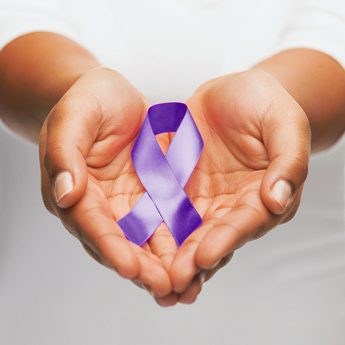In August, Japan’s Ministry of Health, Labour and Welfare released a preliminary report on child abuse. It revealed that 73,765 cases of abuse were handled by child consultation centres nationwide in fiscal 2013, a 7,064 increase over the previous year’s figure.
This year-on-year increase is the highest since record keeping began in 1990. Then, only 1,101 cases were reported. The question is whether the exponential growth reflects an increase in the cases of child abuse, or merely in awareness of the issue?
Japan’s ongoing economic instability and growing number of nuclear—rather than extended—and isolated families are said to be exacerbating the abuse. That said, while the true impact of these factors is not known, raising awareness is crucial to protecting children.
English-language information on, and resources related to, child protection remain limited in Japan.
The TELL Child Protection Program provides workshops on understanding child abuse and navigating the Japanese child protection system. Professional advice and consultations in terms of both prevention and intervention are also available. We receive numerous questions regarding child abuse every year.
My neighbour screams at her child, who cries loudly. Is there anything I can do?
Anyone who suspects child abuse can report it to the municipal authorities or local child guidance centres. The National Child Guidance Network Line can be reached on 0570-064-000, but only in Japanese.
However, you may either make an appointment, for which you can request interpretation, or ask a Japanese speaker to help you make a report. TELL’s Child Protection Program (03-4550-1191) can also make a report on your behalf.
What information do I need in order to make a report?
All you need to know is where the child resides. You may be asked if you know the child’s name and age, or anything about the household composition (for example, whether the child has a sibling).
Confidentiality is guaranteed, and you can even report anonymously if you do not feel comfortable giving your name.
If you suspect something is wrong, this is sufficient reason to act; you do not need to talk to the party concerned. Anyone who reports in good faith is immune from any civil or criminal liability.
What happens after I make a report?
The committee at the child guidance centre assesses the report and, within 48 hours, will decide what action to take.
The information you give them may or may not meet their criteria for action to be taken. The outcome of the assessment is confidential, and cannot be disclosed to the person who made the report.
My neighbour says she is disciplining her child. When does discipline become abuse?
They do mean different things, although in parenting the words discipline and punishment are often used interchangeably, resulting in the line between the two not always being clear.
The goal of discipline is to teach the child the difference between right and wrong. Punishment, meanwhile, is often the parent’s emotional reaction in an attempt to control the child’s behaviour, and is unlikely to teach the child what is appropriate.
The important question to ask is whether punishment is physically or emotionally harmful to the child. If it is, it is considered abuse, no matter the parent’s intention.
November is Child Abuse Prevention Promotion Month in Japan. We can all play a part in raising awareness concerning child abuse and protecting children.
If you suspect child abuse, please report it to the authorities or reach out to our Child Protection Program (03-4550-1191).
If you are a parent who is struggling with child rearing, or if you are a child being abused, you can get help from the local welfare office or the child guidance centre. There are national hotlines for parents (0570-011-077) and children (0120-99-7777).
For help in English, please contact our Lifeline (03-5774-0992) or counselling centre (03-4550-1146).





